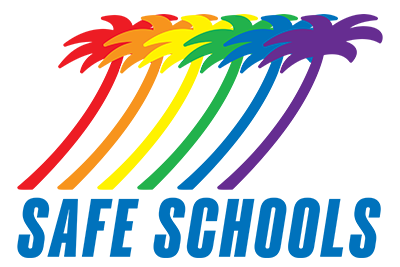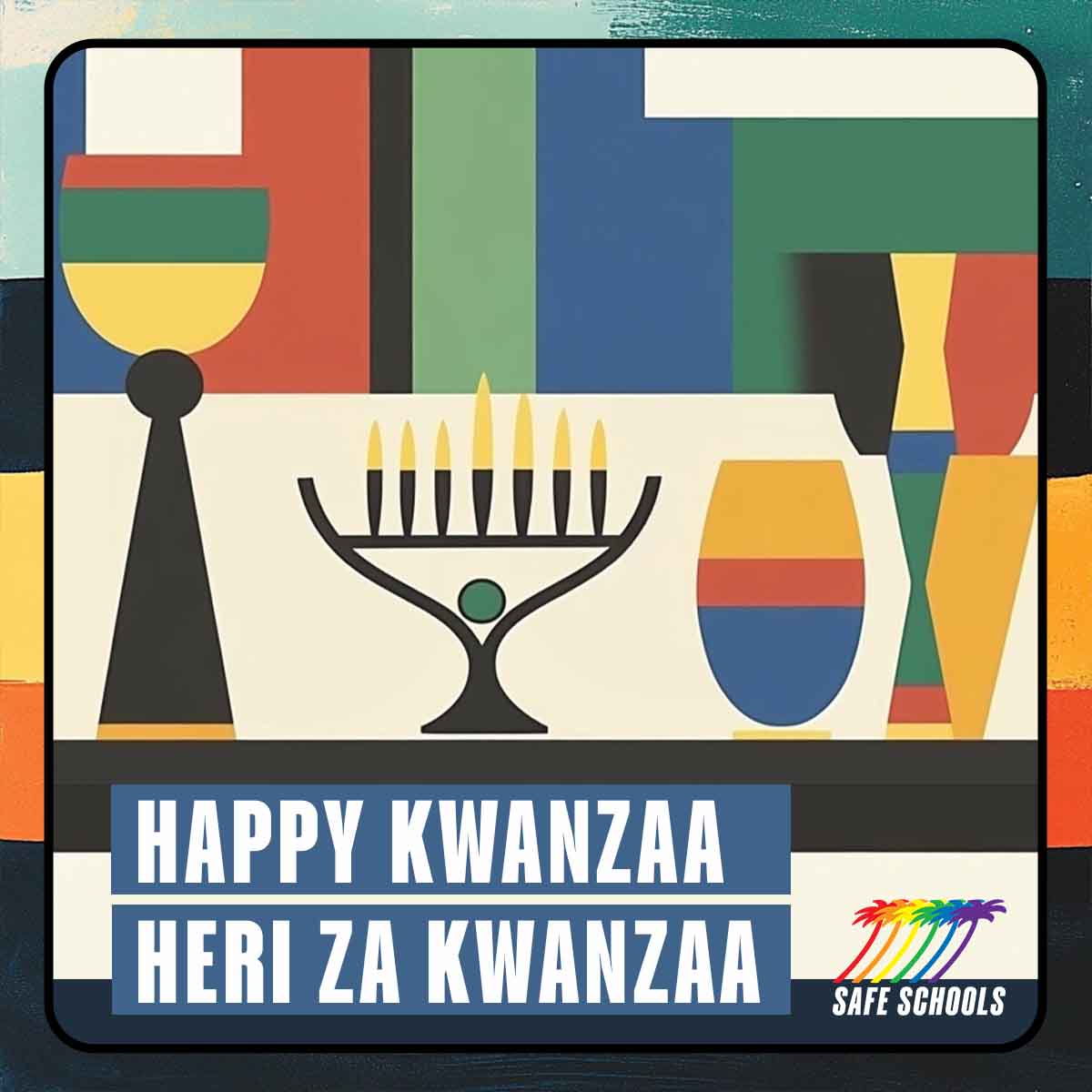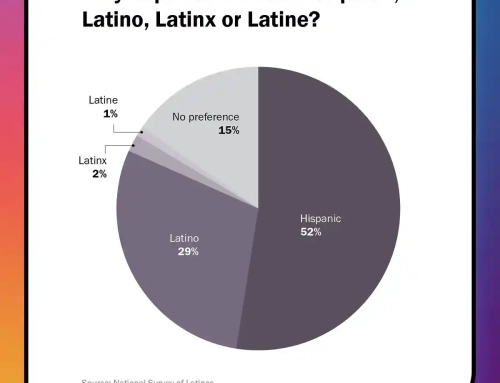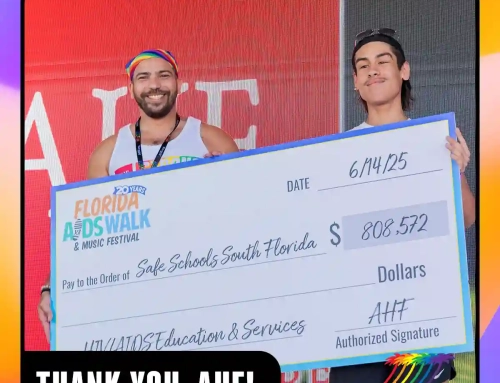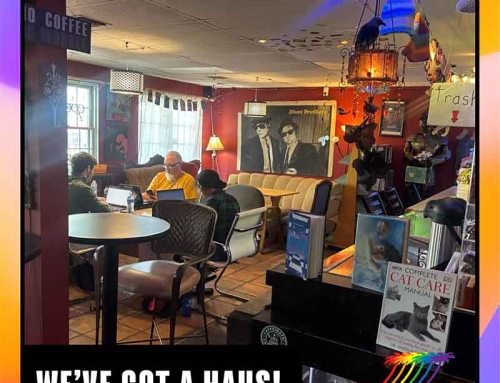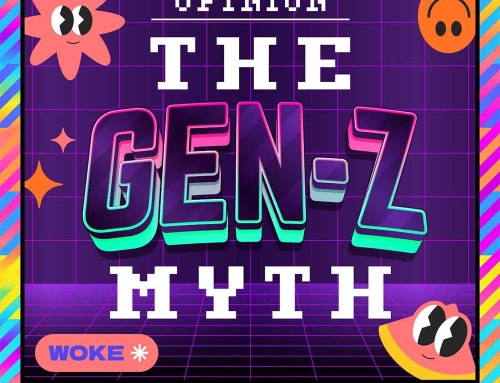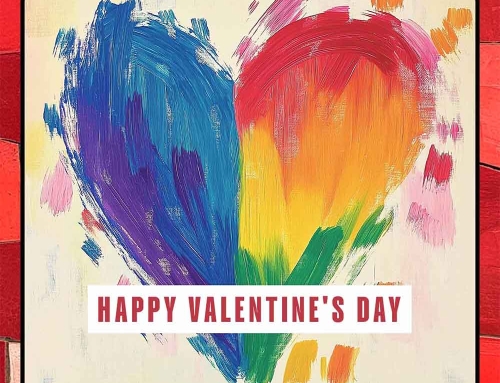Kwanzaa Through a Queer Lens: Building an Unbreakable Chain of Hope
Kwanzaa, created by Dr. Maulana Karenga in 1966, is a Pan-African holiday celebrated from December 26 to January 1 that honors African heritage, culture, and values. Its name is derived from the Swahili phrase matunda ya kwanza, meaning “first fruits of the harvest.” At its core, Kwanzaa is a celebration of Black liberation, self-determination, community, and creativity—and these principles resonate deeply with the ongoing journey of queer liberation as well.
Whether you identify as part of the Black LGBTQIA+ community or are a member of any marginalized group, Kwanzaa’s core values (the Nguzo Saba—Seven Principles) offer a blueprint for liberation. By weaving our stories, identities, and communities together, we create an unbreakable chain of hope. As we move further into 2025 and beyond, it’s more crucial than ever for Black, queer, and other marginalized communities to stand together against any efforts to diminish our collective dignity or existence.
Below is an educational look at each of Kwanzaa’s Seven Principles, and how we can interpret and use them to sustain Black liberation while uplifting the intersectional realities of queer liberation.
1. Umoja (Unity)
What it means: Umoja calls us to work toward and maintain unity within the family, community, nation, and race.
Queer perspective: For queer and trans folks—particularly those of us who are Black—coming together in unity is an act of radical defiance. Too often, systems of oppression try to keep us divided by pitting communities against each other. But when we actively seek solidarity, we foster an environment where everyone’s right to be and to live authentically is respected. Unity doesn’t require uniformity; instead, it celebrates the rich tapestry of identities that make us who we are.
Practical action:
- Form or join intersectional organizations that recognize both racial justice and LGBTQ+ rights.
- Amplify each other’s voices, especially those of Black trans women and femmes who remain among the most vulnerable in our society.
- Continue conversations about inclusion in faith communities, workplaces, and schools to ensure everyone has a seat at the table.
2. Kujichagulia (Self-Determination)
What it means: Kujichagulia speaks to defining, creating, and speaking for ourselves rather than being defined and spoken for by others.
Queer perspective: Self-determination is intimately linked to our right to claim our identities on our own terms. Queer and trans Black folks have historically faced erasure, misrepresentation, and forced invisibility. To live our truth boldly is an expression of Kujichagulia. It is about naming ourselves, owning our narratives, and honoring our journeys.
Practical action:
- Celebrate diverse expressions of gender and sexuality within our community.
- Create and support safe spaces for youth to explore their identity without fear or shame.
- Use inclusive language and correct pronouns, and encourage those around us to do the same.
3. Ujima (Collective Work and Responsibility)
What it means: Ujima encourages us to build and maintain our community together, and to make our brothers’ and sisters’ problems our own—and solve them collectively.
Queer perspective: For members of the Black queer community, we often rely on one another for survival in spaces where institutional support can be lacking. Ujima invites us to see that any harm done to the least of us is harm to all of us. If a trans sibling experiences job discrimination or a neighbor experiences homophobia or racism, we cannot treat it as someone else’s issue. We show up for each other in the spirit of collaborative problem-solving.
Practical action:
- Volunteer time, skills, or resources to community centers, LGBTQ+ shelters, or legal aid nonprofits that support Black and queer communities.
- Show solidarity by advocating at local school board meetings, city councils, and state legislatures for policies that protect our most vulnerable youth.
- Share information and networks—help each other find jobs, housing, and educational opportunities.
4. Ujamaa (Cooperative Economics)
What it means: Ujamaa centers on building and maintaining our own stores, shops, and businesses, and profiting from them together as a community.
Queer perspective: Supporting queer-owned or Black-owned businesses is essential to challenging systemic barriers—economic empowerment is a pathway to freedom. When we pool our resources, we foster financial independence and resilience within our communities, ensuring we can sustain ourselves even in the face of adversity.
Practical action:
- Shop from Black-owned queer businesses whenever possible.
- Create networking groups for queer Black professionals, entrepreneurs, and artists to share skills and resources.
- Encourage local schools and community centers to offer financial literacy workshops tailored to Black and LGBTQ+ youth.
5. Nia (Purpose)
What it means: Nia calls us to make our collective vocation the building and developing of our community to restore our people to their traditional greatness.
Queer perspective: Our purpose is not simply to survive—it is to thrive and to lay a foundation for those who come after us. When queer and trans folks come together with a clear sense of purpose, we tap into the power needed to dismantle harmful systems and build nurturing environments that affirm all identities.
Practical action:
- Mentor young queer and trans people, especially those who are Black, helping them see the richness of their heritage and identities.
- Engage in creative projects (films, podcasts, art exhibits) that tell our stories and document our collective achievements.
- Collaborate with allied movements—disability justice, environmental justice, and immigrant rights—to advance holistic, intersectional liberation for all.
6. Kuumba (Creativity)
What it means: Kuumba instructs us to do always as much as we can, in the way we can, in order to leave our community more beautiful and beneficial than we inherited it.
Queer perspective: Black queer culture has always been on the cutting edge of creativity—think of voguing, ballroom culture, music, art, and political activism. Kuumba is about harnessing that creative spark not just for self-expression, but also to uplift, educate, and heal our communities. Through art, we capture our stories, reclaim our histories, and envision a future grounded in inclusion and justice.
Practical action:
- Support queer Black artists and creatives by attending events, purchasing their work, and sharing their platforms on social media.
- Organize workshops in schools or community spaces that center art as a way for youth to explore identity, self-expression, and protest.
- Use creativity to reach across divides—creating public murals, open-mic nights, or film screenings that bring people of different backgrounds together.
7. Imani (Faith)
What it means: Imani is about believing with all our hearts in our people, our parents, our teachers, our leaders, and the righteousness and victory of our struggle.
Queer perspective: Faith here isn’t limited to religious belief—it’s about trust and optimism in our capacity to build a better tomorrow. Holding tight to Imani means we firmly believe in our worthiness and the inevitability of our liberation, even when the world tries to convince us otherwise. For queer Black folks, choosing hope in the face of adversity is a profoundly radical act.
Practical action:
- Lift up affirming faith leaders and spiritual communities that embrace LGBTQ+ identities.
- Practice mutual aid and radical trust: we invest in each other’s well-being because we believe our communities are worthy of care.
- Speak hope into younger generations, affirming that they have the right to dream big and lead bold, joyful lives.
Embracing Kwanzaa’s Vision for a Brighter Future
Black liberation and queer liberation are inextricably linked. Through Kwanzaa’s Seven Principles, we see a roadmap for resilience, empowerment, and liberation that reverberates across race, gender, and sexuality. As the challenges of the world escalate, particularly for our most vulnerable communities—Black trans youth, queer students of color, and families at the intersection of race and LGBTQ+ identities—our collective commitment to unity, self-determination, collaborative responsibility, cooperative economics, shared purpose, creativity, and faith becomes a chain of hope that will not break.
In 2025 and beyond, we have both the responsibility and the opportunity to stand in solidarity, create supportive infrastructures, and resist those who seek to turn back the clock on the progress we’ve made. When we uphold the spirit of Kwanzaa, we are reminded that we are all interconnected, and only by strengthening every link in the chain can we guarantee freedom, safety, and fulfillment for everyone.
May we move forward rooted in Umoja, guided by Kujichagulia, supported by Ujima, sustained by Ujamaa, driven by Nia, propelled by Kuumba, and anchored in Imani. Here’s to building an unbreakable chain of hope—together.
By: Rev. Dr. Harold Marrero
Chief Operating Officer
We encourage you to share this information with friends, fellow teachers, and allies and join us in bringing awareness to our efforts. Your support is essential for our ongoing work to create safe spaces for all students, regardless of ethnicity, gender, sexual orientation, or expression. Please consider donating to Safe Schools so that we can continue advocating for inclusivity and diversity within the education system.
